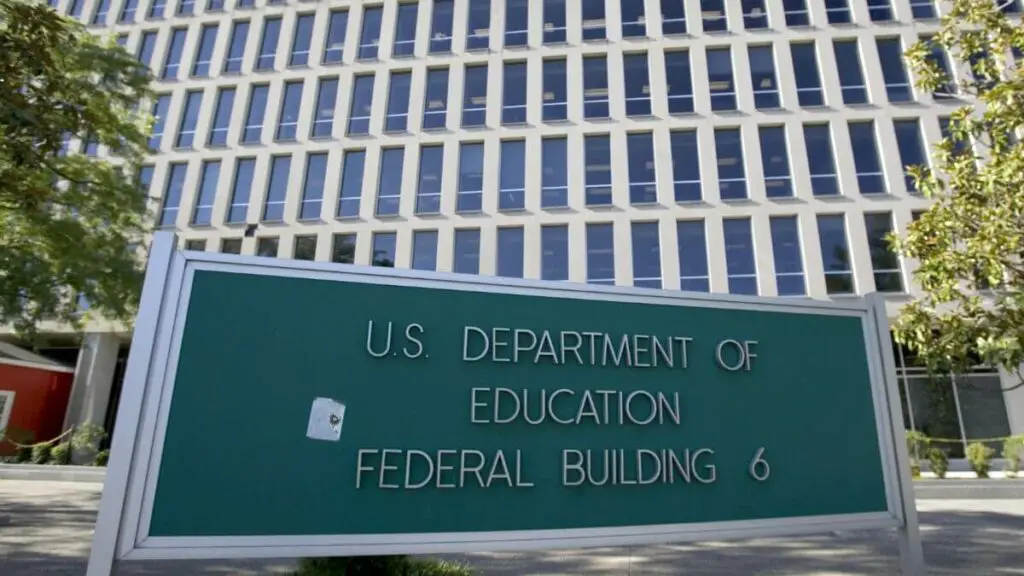Image Creator: Saul Loeb, Credit: AFP/Getty Images
The U.S. Department of Education has started 2023 off strong in terms of supporting financial literacy education, with Secretary of Education Miguel Cardona calling on all high schools to provide students with access to financial literacy courses. Mr. Cardona has been pushing for increased financial literacy education for years, including in elementary school. He says he wants students to better understand financial literacy by the time they get to high school. This is great news because the Department of Education can award invaluable grants to schools to help them offer standalone financial literacy classes.
New Data About Teens’ Financial Literacy May Boost Push for Education
This year, data will be compiled from the latest PISA (Program for International Student Assessment), which was given in the fall of 2022. The PISA evaluates education data from 15-year-olds in almost 90 countries under rigorous testing standards. The 2018 administration of PISA showed that the U.S. ranked about average among 20 developed nations in terms of the financial literacy of teenagers. Financial literacy was an optional domain of PISA beginning in 2012, in addition to the typical required domains of reading literacy, mathematics literacy, and science literacy.
Although the 2018 PISA results showed the U.S. ranking about average for financial literacy among all teens of developed nations, four out of five surveyed questions showed that most American teens were not engaged in those topics. These involved discussing with parents spending decisions, decisions about saving and investing, the family budget, and news related to finance and economics. The only topic that had a majority (53 percent) of polled students respond in the affirmative was whether they talked to their parents about money for things they wanted to buy.
The 2022 administration of the PISA financial literacy survey reports on the growing importance of financial literacy for young people. Due to the proliferation of the Internet and smartphones, youth in developed nations have easy access to financial tools like bank accounts, credit cards, and even investments. This ease of access also means that young people are at higher risk for financial scams and overspending, with their smartphones allowing them to send or spend money too quickly. Results of the 2022 PISA financial literacy assessment should be released in the spring of 2024, ideally containing the latest data on educating young people on safe and effective money management strategies.
New Department of Education Grants Can Fund Financial Ed
Hopefully, the latest PISA findings will spur an increase in new DOE grants to schools, such as the Full-Service Community Grant, that can be used to help with financial literacy education. Schools can use these broad grants to work with nonprofits, government agencies, colleges, and universities to provide “full service” needs to students and their families. Partnering high schools with colleges and universities that offer financial literacy classes, perhaps through dual credit courses, could help increase the number of high school students who receive rigorous financial literacy education.
Instead of standalone personal financial literacy classes, DOE grants could also be used for education field trips to financial institutions or resources to supplement other classes that teach financial literacy concepts. Many states that have yet to mandate standalone financial literacy classes would likely consider doing so if they received some federal funding to assist. A full-time personal finance teacher at a large high school might require an annual grant of $75,000, but would be able to teach hundreds of juniors and seniors each year. The long-term financial benefits of each high school graduate having decent financial literacy would far outweigh the annual cost of the grant!

